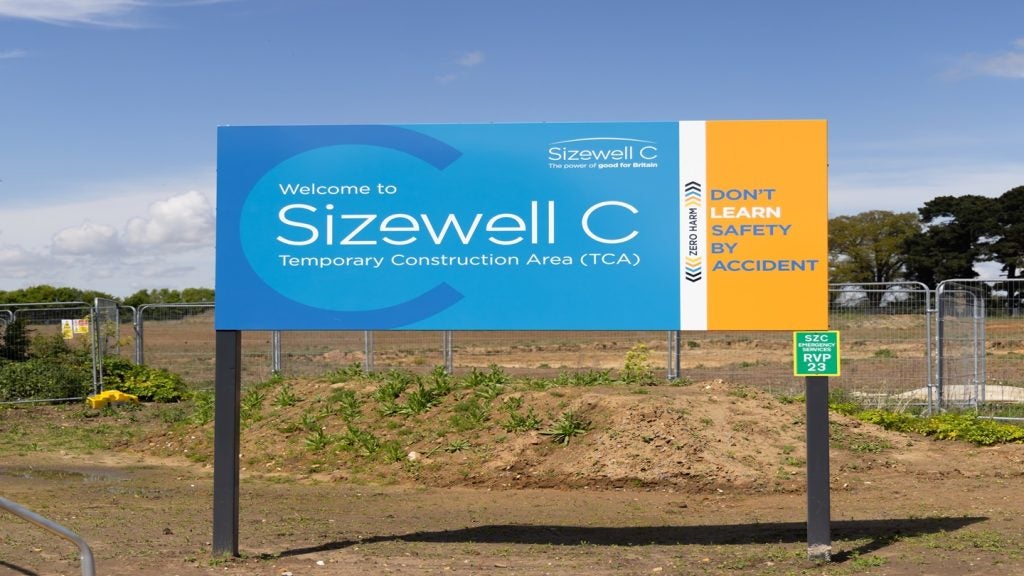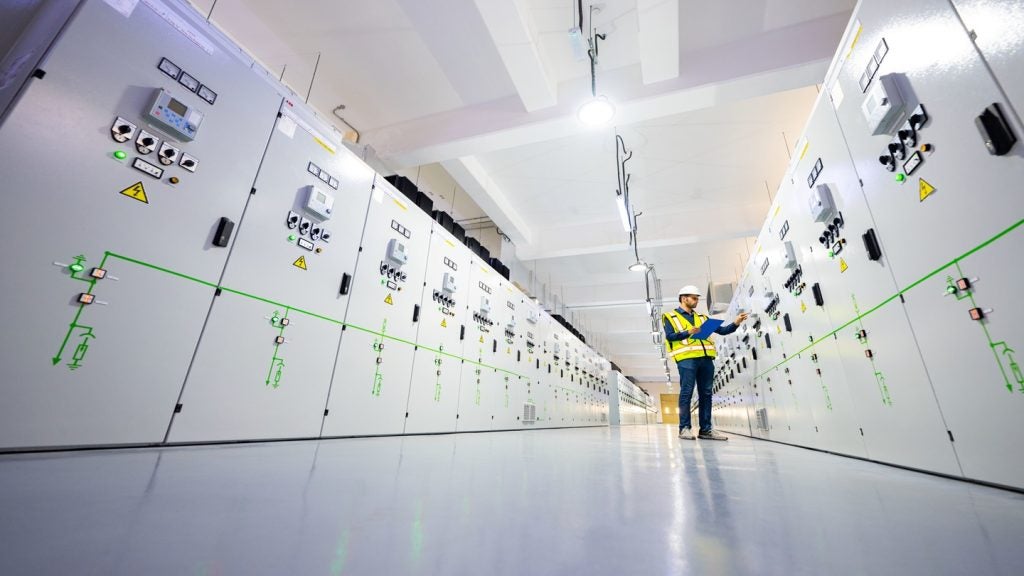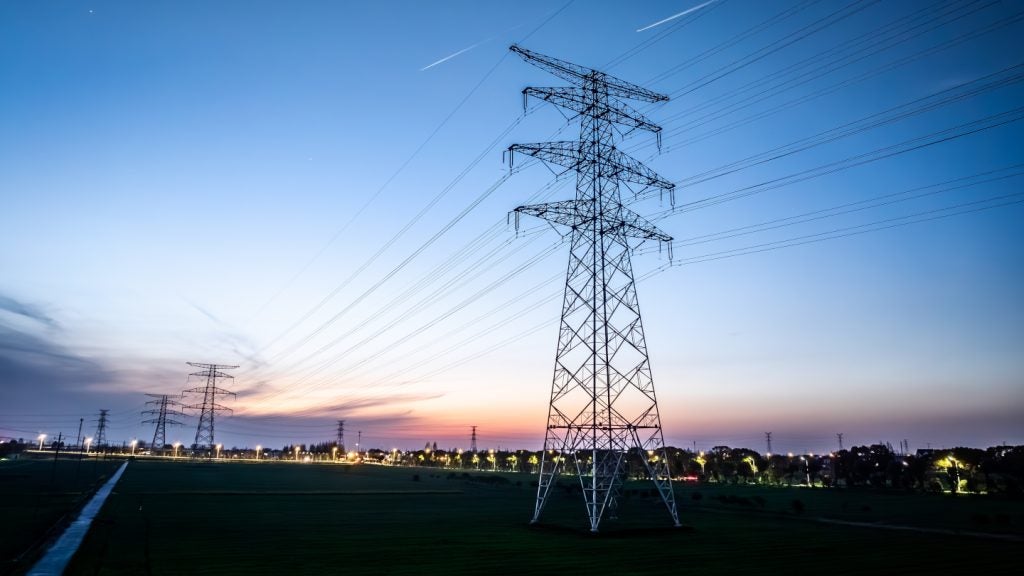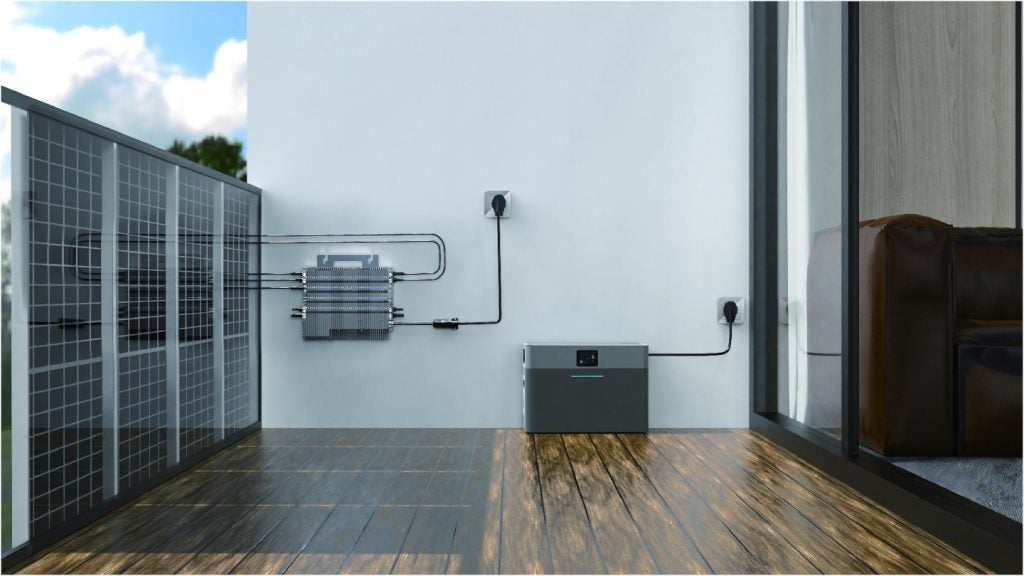The planned Sizewell C nuclear power station in Suffolk, UK is projected to have a final price tag of almost £40bn ($48.7bn).
This is significantly higher than the £20bn figure first provided by developer EDF and the UK government, reflecting rising construction costs and the impact of delays and cost overruns at the sister site, Hinkley Point C, as reported by the Financial Times.
The increased estimate raises concerns about the UK government's strategy for reviving nuclear power amid strained public finances and ongoing cost of living issues.
The UK Treasury will decide whether to proceed with the Sizewell C project during 2025’s multiyear spending review.
In early January, the Department for Energy Security and Net Zero indicated that it could not disclose the current cost estimate for the project since it was “commercially sensitive.”
However, a senior government official and two industry sources have suggested that a reasonable assumption for Sizewell C's construction costs would be around £40bn in 2025 prices.
£3.7bn state funding has already been allocated by the government to the project.
A final investment decision (FID) was anticipated by the end of 2024 but has been postponed to spring 2025 with speculation of further delay beyond autumn 2025.
Sizewell C is expected to supply low-carbon electricity to six million homes for 60 years.
The UK government and French energy group EDF were the primary backers of Sizewell C, but are now seeking to secure billions of pounds from new investors.
Centrica, Schroders Greencoat, the Emirates Nuclear Energy Corporation and Amber Infrastructure Group are potential investors.
Recent accounts published at Companies House indicated that Sizewell C was “continuing to make good progress in negotiations with private investors.”
Only one new nuclear power station, Hinkley Point C in Somerset, is currently under construction in the UK.
Sizewell C will utilise the same European pressurised water technology as Hinkley Point C.
Hinkley Point C is now expected to begin generating electricity in 2029 at the earliest - in stark contrast to 2016 expectations of a start date at the end of 2025 and a cost of £18bn.
EDF has expressed confidence that Sizewell C will be more cost-effective, partly due to lessons learned from previous projects and more developed supply chains.
It will be financed using a regulated asset-based model, similar to the one used to finance the new Thames Tideway sewage tunnel in London. This allows developers to receive payments during construction from consumers’ bills instead of waiting for project completion.















